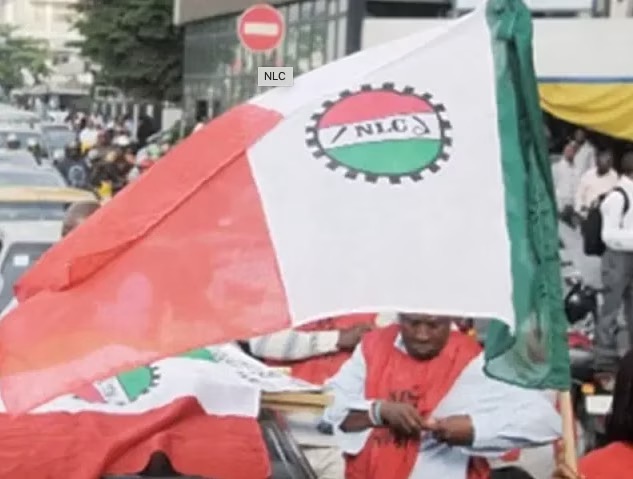The Nigeria Labour Congress (NLC) has directed workers in the six Area Councils of the Federal Capital Territory (FCT) to commence an indefinite strike on December 1, 2024. This action protests the non-implementation of the ₦70,000 minimum wage signed into law by President Bola Ahmed Tinubu earlier in the year. The strike, in line with the NLC’s directive, underscores the union’s frustration with the Area Council Chairmen for failing to comply with the federal mandate, which was expected to take effect in October 2024 .

Workers in the affected councils, including primary school teachers and other local government staff, have expressed concerns over delayed salaries and unpaid entitlements. These grievances are exacerbated by Nigeria’s rising cost of living, making it increasingly difficult for workers to sustain themselves. The NLC decried what it described as the “unfair and unsustainable” treatment of workers, particularly in light of the economic challenges they face. The union insists that only the full implementation of the new minimum wage will bring an end to the strike .
Efforts by labor leaders to engage with the FCT administration have reportedly been unsuccessful. The NLC and the Trade Union Congress (TUC) claim that since the inauguration of the FCT Minister, Nyesom Wike, in August 2023, their requests for dialogue have gone unanswered. This lack of engagement, combined with the administration’s failure to meet workers’ demands, has fueled the labor unions’ resolve to shut down operations in the FCT .
The strike action has significant implications for public services within the FCT. Essential sectors such as primary education, health services, and local governance could experience disruptions. The NLC has warned that the industrial action will intensify until concrete steps are taken to address workers’ grievances, further putting pressure on the FCT administration and Area Council leadership .
This development highlights the broader challenges of labor relations in Nigeria, particularly in the implementation of policies aimed at improving workers’ welfare. The strike underscores the growing tension between labor unions and government institutions over wage policies and accountability. As negotiations remain stalled, the outcome of this industrial action will set a critical precedent for labor struggles across other states yet to implement the minimum wage .




